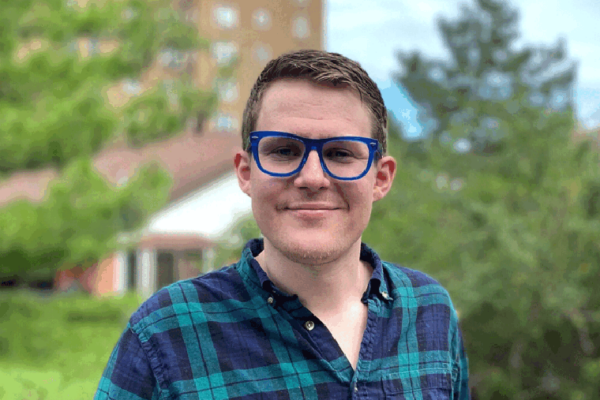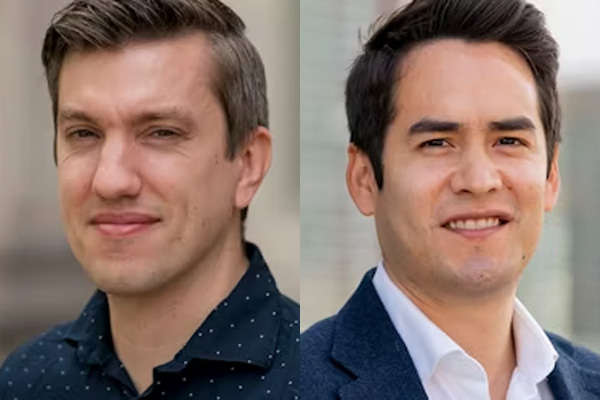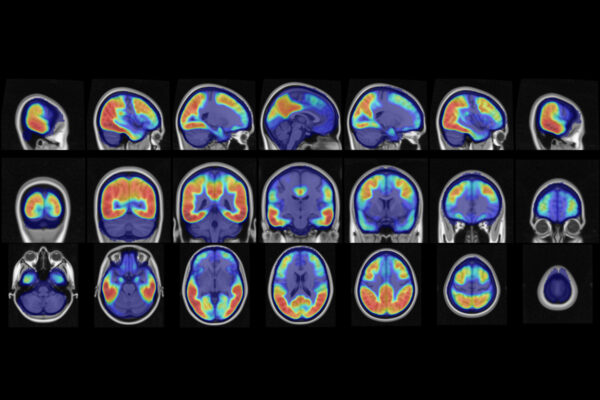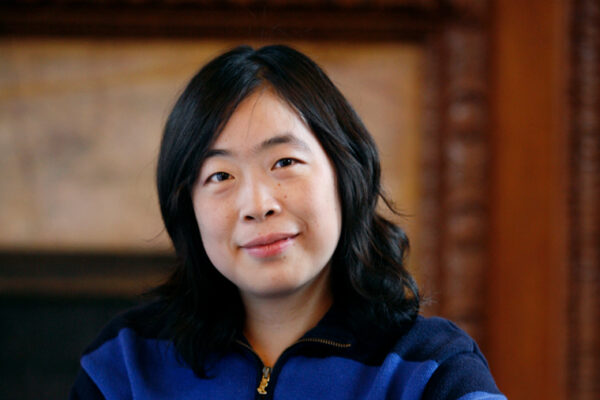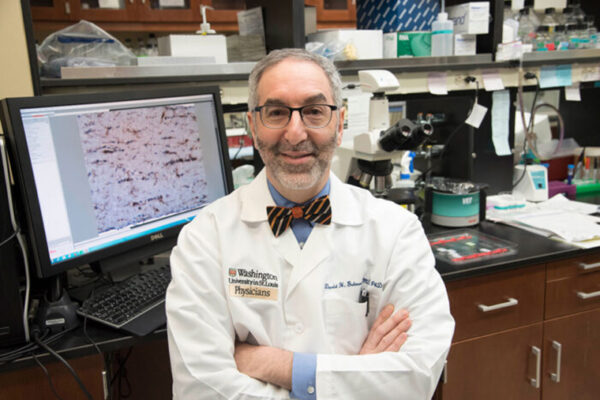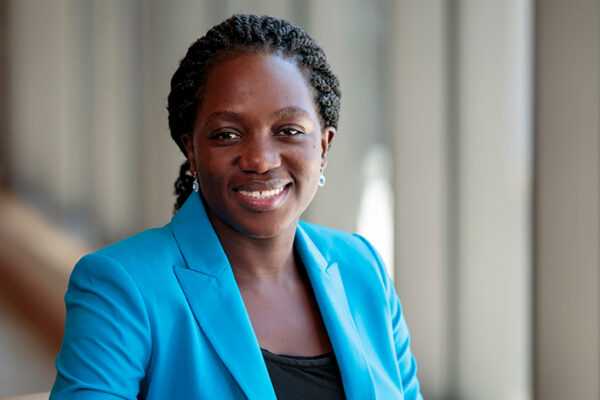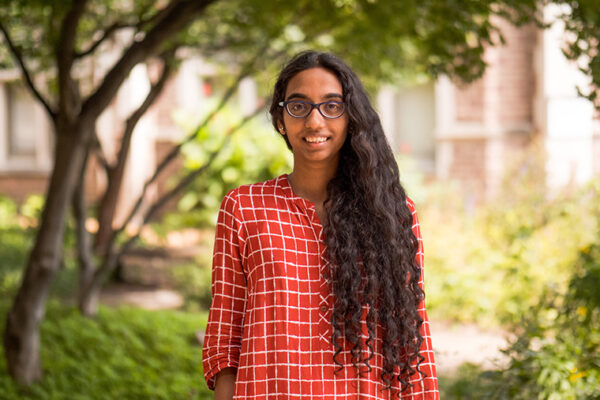Holehouse receives NSF early-career award
Alex Holehouse, an assistant professor of biochemistry and molecular biophysics at Washington University School of Medicine in St. Louis, has received a Faculty Early Career Development Program (CAREER) award from the National Science Foundation.
Helping qubits stay in sync
In a new paper in Physical Review Letters, Kater Murch in Arts & Sciences and his collaborators explore the effects of memory in quantum systems. View an illustrated video about the experiments and findings.
Lawrence, Seáñez win collaboration grants
Mark Lawrence and Ismael Seáñez, both assistant professors in the McKelvey School of Engineering at Washington University, have won $25,000 Collaboration Initiation Grants from the school.
Tiny displacements, giant changes in optical properties
In a study published recently in Advanced Materials, researchers from Washington University and the University of Southern California reveal a new pathway for designing optical materials using the degree of atomic disorder. The researchers anticipate developing crystals that enable advanced infrared imaging in low-light conditions or to enhance medical imaging devices.
Tau protein deposition patterns predict Alzheimer’s severity
Researchers at the School of Medicine have devised a method to gauge Alzheimer’s disease severity by analyzing the patterns of tau pathology in brain scans. The findings could lead to a way to determine how far the disease has progressed in individuals.
Barcodes expand range of high-resolution sensor
A technique developed by Washington University researchers vastly expands the range of optical sensors used in measuring chemical signatures and molecules.
Some brain tumors may be linked to head injury, mouse study suggests
A study in mice by researchers at the School of Medicine indicates that brain injury can lead to brain tumors in susceptible individuals.
Group-based interventions address HIV stigma
Group-based interventions have the potential to address HIV-related stigma among adolescents living with the virus, finds a recent study from researchers at the Brown School at Washington University in St. Louis and Makerere University in Uganda.
Biologists study trade-offs of microscopic predators
Being a predator has its own costs, and that’s as true for amoebae as it is for lions or wolves. Graduate student P.M. Shreenidhi joined David Queller and other Art & Sciences researchers to study the predatory nature of a particular soil-dwelling amoeba.
HIV triggers body’s own inflammatory pathways to kill T cells
School of Medicine researchers have identified how the body’s own immune response to HIV is responsible for the T cell death that characterizes this viral infection.
View More Stories
